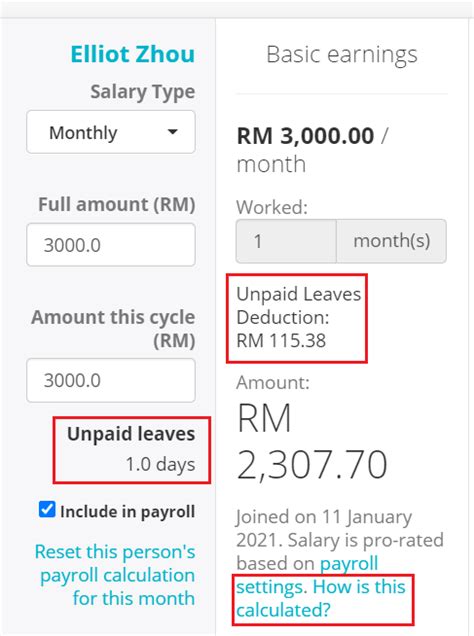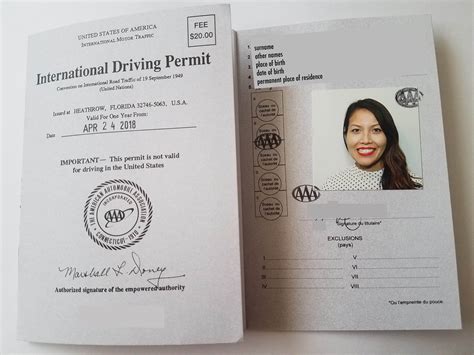Table of Contents

- Understanding Fast Breathing in Cats After Birth
- Causes of Fast Breathing After Birth
- Symptoms of Fast Breathing After Birth
- When to Seek Veterinary Care
- Treatment for Fast Breathing After Birth
- Prevention of Fast Breathing After Birth
- FAQs Related to Fast Breathing After Birth
- Conclusion
Introduction
Giving birth is a demanding process for cats, requiring considerable energy and changes within their bodies. One common observation after birth is cats breathing faster than usual, which can be concerning for cat owners. This article provides a comprehensive guide to help you understand fast breathing in cats after birth, its causes, symptoms, and when to seek veterinary care. We will also discuss treatment options, prevention measures, and frequently asked questions (FAQs) related to this condition.
Understanding Fast Breathing in Cats After Birth
Fast breathing, also known as tachypnea, is a condition where a cat breathes more rapidly than the normal respiratory rate. In cats, the normal respiratory rate at rest ranges from 15-30 breaths per minute (bpm). After birth, it is common for cats to experience temporary fast breathing due to the physiological changes associated with giving birth.
Causes of Fast Breathing After Birth
Several factors can contribute to fast breathing in cats after birth, including:
1. Pain and Discomfort: The birthing process can be painful and uncomfortable for cats, leading to increased respiratory rate due to stress and discomfort.
2. Hormonal Changes: The hormonal changes that occur during and after birth can affect the cat’s respiratory rate. For example, elevated levels of oxytocin, a hormone that stimulates uterine contractions, can also increase respiratory rate.
3. Fluid Accumulation in the Lungs: During pregnancy, fluid can accumulate in the cat’s lungs. After birth, as the uterus contracts and fluid is expelled, it can temporarily increase the cat’s respiratory rate.
4. Blood Loss: If the cat experiences excessive blood loss during birth, it can lead to anemia, which can cause fast breathing due to reduced oxygen-carrying capacity.
5. Infections: In some cases, fast breathing after birth can be a sign of an underlying infection in the uterus or other organs.
Symptoms of Fast Breathing After Birth
In addition to increased respiratory rate, other symptoms that may accompany fast breathing in cats after birth include:
1. Open-Mouth Breathing: Cats may open their mouths to breathe, panting or gasping for air.
2. Blue or Pale Gums: The gums may appear blue or pale due to lack of oxygen.
3. Lethargy and Weakness: The cat may appear tired, weak, or unresponsive.
4. Vomiting or Diarrhea: Fast breathing can be accompanied by vomiting or diarrhea, which can further contribute to dehydration and electrolyte imbalances.
When to Seek Veterinary Care
While it is common for cats to experience temporary fast breathing after birth, it is important to consult a veterinarian if the condition persists or is accompanied by other concerning symptoms. The veterinarian will conduct a physical examination, review the cat’s history, and may perform diagnostic tests to identify any underlying causes.
Treatment for Fast Breathing After Birth
The treatment for fast breathing in cats after birth depends on the underlying cause. Some common treatment options include:
1. Pain Management: If pain is a contributing factor, the veterinarian may prescribe pain medication to help reduce discomfort.
2. Oxygen Therapy: In cases of severe respiratory distress, oxygen therapy may be necessary to assist the cat’s breathing.
3. Antibiotics: If an infection is present, the veterinarian will prescribe antibiotics to clear the infection.
4. Blood Transfusion: In cases of severe blood loss, a blood transfusion may be necessary to replenish the cat’s red blood cell count.
Prevention of Fast Breathing After Birth
While it is not always possible to prevent fast breathing after birth, there are some measures that can help reduce the risk:
1. Provide a Comfortable and Stress-Free Environment: A calm and comfortable environment during labor and birth can help reduce stress and pain for the cat.
2. Monitor the Cat’s Health: Regularly monitoring your cat’s breathing, behavior, and overall health can help detect any early signs of distress.
3. Seek Veterinary Care Promptly: If you notice any concerning symptoms, such as persistent fast breathing or other health issues, consult a veterinarian immediately.
FAQs Related to Fast Breathing After Birth
1. Is it normal for cats to breathe fast after birth?
Yes, it is common for cats to experience temporary fast breathing after birth due to physiological changes and discomfort.
2. When should I be concerned about my cat’s fast breathing after birth?
If the fast breathing persists, is accompanied by other symptoms, or if your cat appears weak or unresponsive, it is important to seek veterinary care.
3. What causes fast breathing in cats after birth?
Fast breathing in cats after birth can be caused by pain, discomfort, hormonal changes, fluid accumulation in the lungs, blood loss, or infections.
4. How is fast breathing in cats after birth treated?
Treatment for fast breathing depends on the underlying cause and may include pain management, oxygen therapy, antibiotics, or blood transfusion.
Conclusion
Fast breathing in cats after birth is a common occurrence that is usually temporary and resolves over time. However, it is essential to be aware of the potential causes and symptoms of fast breathing, and to seek veterinary care promptly if the condition is severe or persists. By understanding the contributing factors and following the preventive measures outlined in this article, you can help ensure your cat’s well-being and recovery after giving birth.












